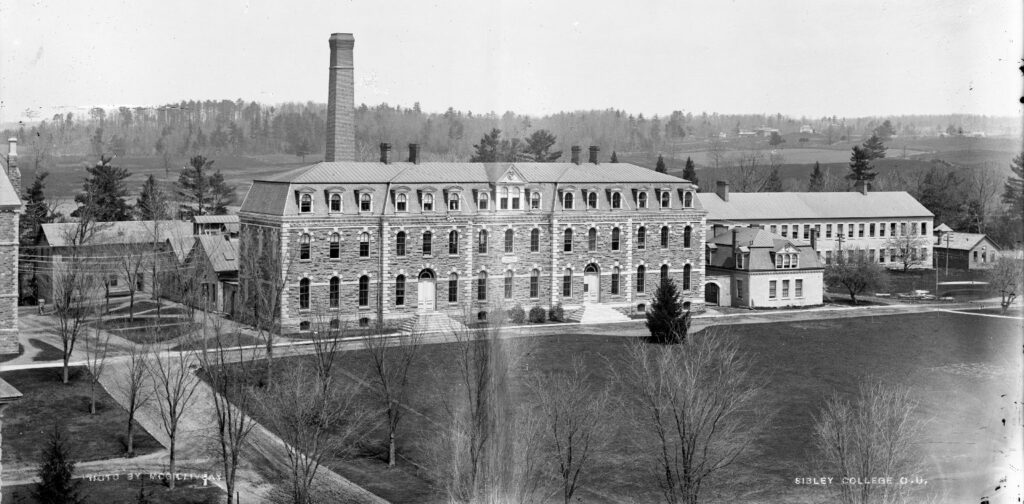Early Beginnings: The Foundations of Operations Research at Cornell
Operations research has been part of Cornell Engineering since at least 1904. That year, Professor Dexter Kimball of Cornell’s Sibley College designed a new course he wanted to call “Economics of Production.” However, he was advised that the title sounded “too high-brow,” so he renamed it “Works Administration.” As the name suggests, the course focused on the economics of production.
This class was groundbreaking in American higher education. By 1913, after nearly a decade of teaching it, Kimball expanded his lectures into the book Principles of Industrial Organization. A year later, the Sibley College established the Department of Industrial Engineering. Over time, the field evolved under different names, including “administrative engineering,” “operations analysis,” and, eventually, “operations research.”

Evolution Through the 20th Century
In its early years, operations research primarily focused on improving manufacturing efficiency. During and after World War II, its scope expanded to optimizing supply chains for reliability and cost-effectiveness.
By the 1950s and 1960s, the rise of computers and advanced mathematics transformed the field. The use of statistical analysis became central to operations research. At Cornell:
-
1955
Operations research courses were introduced.
-
1961
The Department of Industrial Engineering and Administration and the graduate field of industrial engineering and operations research were established.
-
1965-66
Operations Research and Information Engineering became an official school within Cornell Engineering.
Financial Engineering Program and Expansion to New York City
By 1995, Cornell formally introduced a financial engineering program. In 2005, the program expanded into Manhattan’s financial district with the creation of Cornell Financial Engineering Manhattan. Today, Cornell Financial Engineering Manhattan is a highly successful and in-demand Master of Engineering program.
Recognizing the importance of a New York City presence nearly 20 years ago, the school now has roughly twenty percent of its faculty working at Cornell Financial Engineering Manhattan or Cornell Tech on Roosevelt Island—a number that continues to grow.

Looking Ahead: 60 Years and Beyond
The fall semester of 2025 will mark the school’s 60th anniversary. Yet, in many ways, it feels like we are just getting started.
